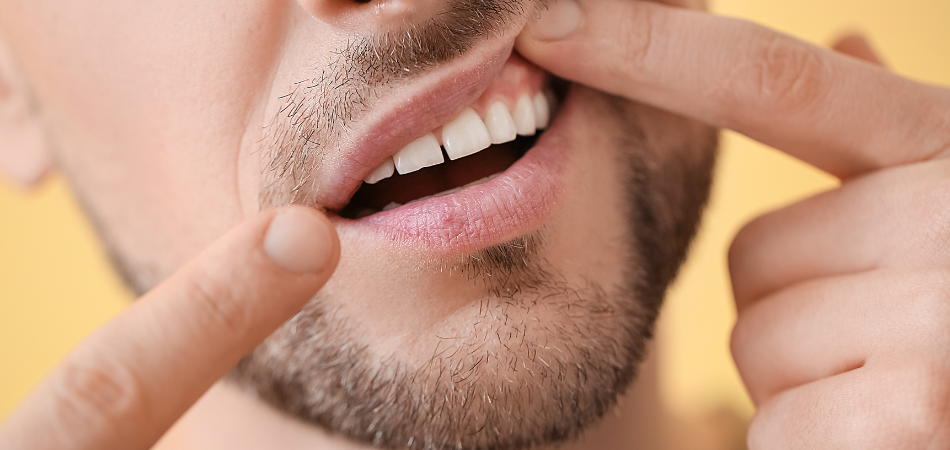
Bleeding Gums Treatment in Sambalpur, Odisha

Bleeding gum is often the first sign of oral health issues. But most people tend to ignore them. If there is blood on your toothbrush while brushing, or you notice blood while eating fruits like apples, you might need bleeding gums treatment.
What can cause bleeding gums?
There are multiple reasons for bleeding gums. Some of them are related to your brushing habits, while some indicate something more serious. The reasons can be as follows:
-
Using excess pressure and rough strokes while brushing your teeth
-
Using a hard-bristled toothbrush
-
Tooth or gum infection
-
Poor lifestyle choices and bad eating habits can also result in gum bleeding. Eating a lot of sweet foods and not practicing good oral hygiene encourages the growth of bacteria and results in swollen gums.
-
Gums become inflamed and bleed as a result of smoking.
-
Changes in hormones during pregnancy can cause swollen and bleeding gums.
-
Certain medications can also cause bleeding gums.
What are the symptoms of bleeding gums?
Symptoms of bleeding gums include:
-
Your toothbrush will have a red stain on it after brushing.
-
Bleeding while eating hard fruits or foods.
-
Noticeable blood on the lips or teeth.
-
oral sores
-
Swollen Gums
-
Teeth that are loose and look dull
-
gum resorption
-
excessive discomfort after consuming crunchy meals or during the chewing process.
How to avoid bleeding gums?
Taking good care of your oral health is one of the easiest ways of keeping bleeding gums away. Follow the following habits to prevent gum bleeding.
-
Use a manual or electric toothbrush with a tiny head and soft, round bristles to brush for two minutes twice a day.
-
Floss your teeth daily
-
Have a healthy diet that includes a lot of green vegetables and proteins.
-
Visit your dentist once every six months for regular cleaning and checkup.
-
If you notice bleeding in your gums, visit your dentist immediately.
Our gums reflect the condition of our health. In some cases, bleeding gums can be an indication of several diseases. Your dentist can help you determine the root cause of your problem and provide a proper solution.
